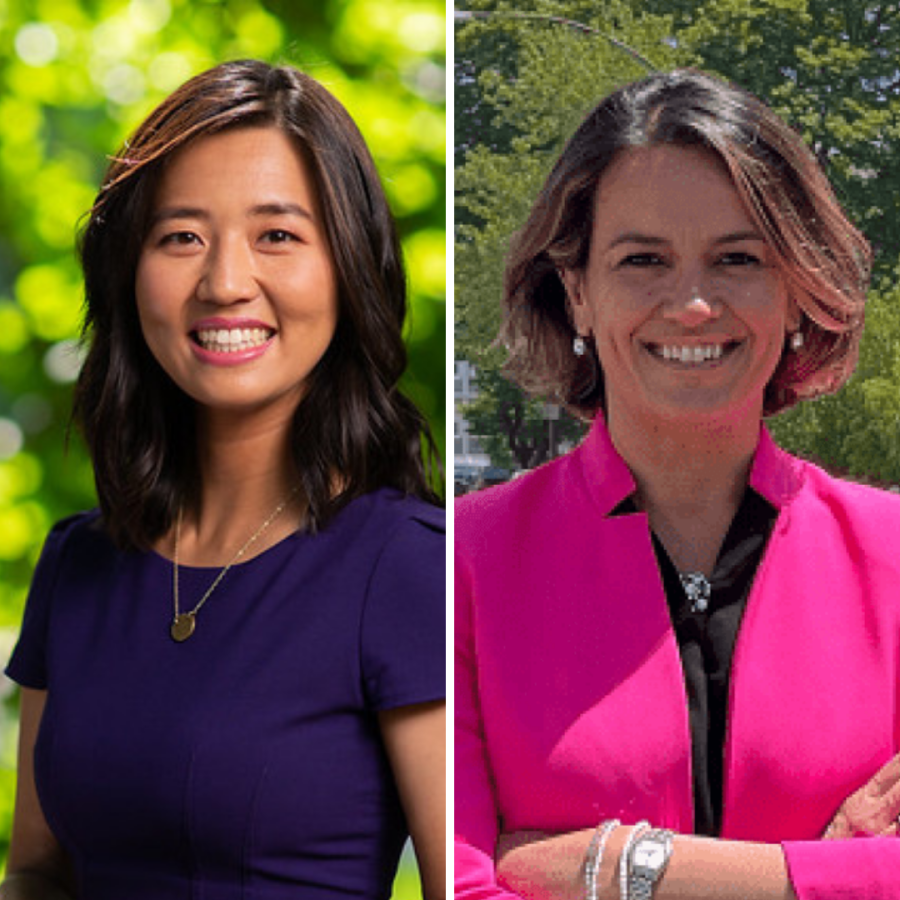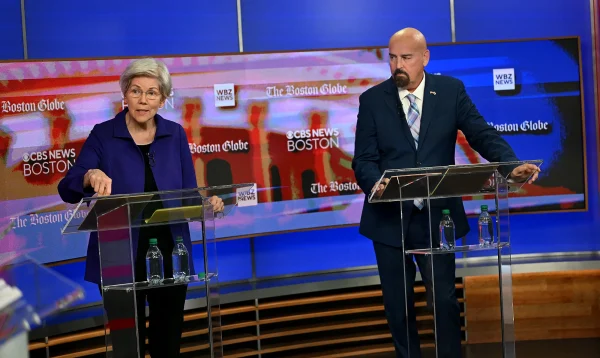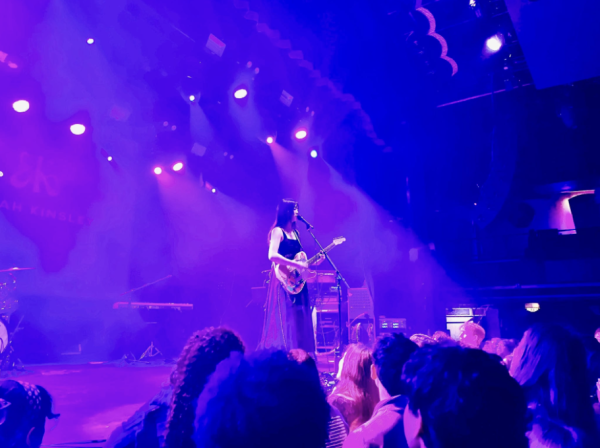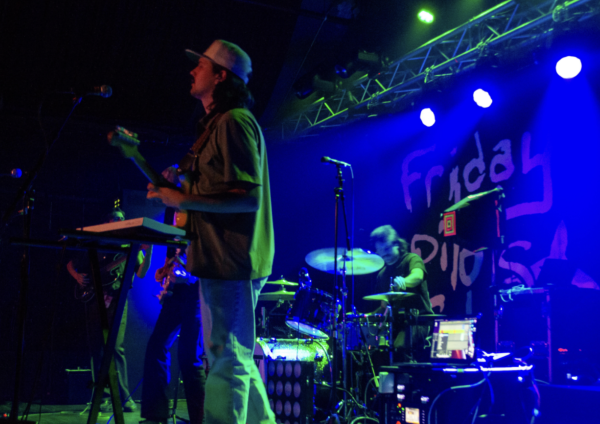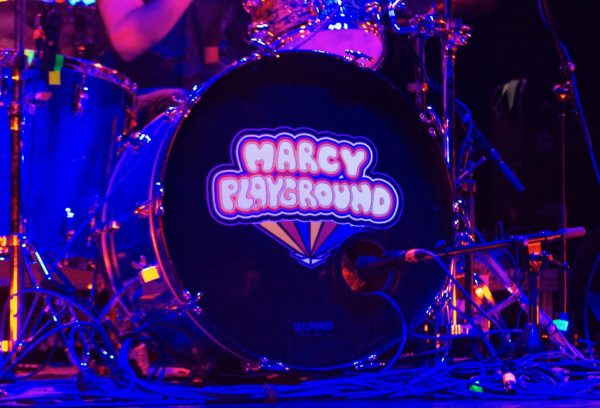A look at Gen Z’s impact on the Boston mayoral race
November 2, 2021
Boston mayoral candidates Annissa Essaibi George and Michelle Wu await the results of their fight for the pivotal Gen Z vote in the election.
A recent Tufts University study found that voter engagement from college and university students is surging nationwide, far outpacing the growth in voter turnout from American adults as a whole.
The Gen Z age group makes up 47.5% of the voting-age population in Boston. According to a Boston Magazine editorial, this high percentage makes young people particularly influential in the mayoral race.
Simmons University professor of political science, Aaron Rosenthal, agrees with the characterization that Gen Z holds great power in upcoming elections, but disagrees that they will be particularly influential in Boston.
“Gen Z voters were part of a historically high turnout among 18-29 year olds in the 2020 election and certainly played a major role in Biden’s victory, particularly in states like Pennsylvania and Georgia. With that said, young voters are less likely to be impactful in the mayoral election because young people are far less likely to vote in local elections,” said Professor Rosenthal, in an emailed statement to the Voice.
Rosenthal pointed to a study on local election turnout in Boston, stating that voting turnout is significantly higher among residents 65 and older than 18-34. Regardless, preliminary reports show candidate Michelle Wu as a frontrunner in the Gen Z demographic.
Across the nation, voters are rejecting candidates running on police reform. According to Boston Herald political columnist Joe Battenfeld, Boston is a rare exception.
Massachusetts senator Ed Markey, another supporter of police reform, has led the charge for Michelle Wu, bringing scores of his Gen Z supporters with him. The Boston Herald reports that the 2021 mayoral race “could test the limits of young and progressive grassroots organizing.”
Wu’s campaign team did not respond to a request for comment.
Despite Wu-supporters’ apparent confidence, it is still plausible that Essaibi George can pull off an upset. The Boston Globe reports that Essaibi George’s best chances are with the Black and Latino voting populations, not Gen Z.
Essaibi George’s campaign team did not respond to a request for comment.
Of the three Gen Z voters at the Lefavour Hall Simmons University polling site who spoke to the Voice, all reported voting for Wu.
Voter Nicole Zador said she thinks Wu is so far ahead in polling because many believe “her opponent is embroiled in corruption scandals.” Essaibi George has denied all claims of corruption.
Regardless of the results of today’s mayoral election, Gen Z voters intend to prove their commitment to voting in local elections.
“I think that it’s important that Gen Z gets informed and votes at local elections because that’s where their voice matters and real change matters,” said 20-year-old Boston voter Jessie Wang. “Engaging with the change you want to see is so important and you can’t ignore the fact that you have that power at the local level.”



